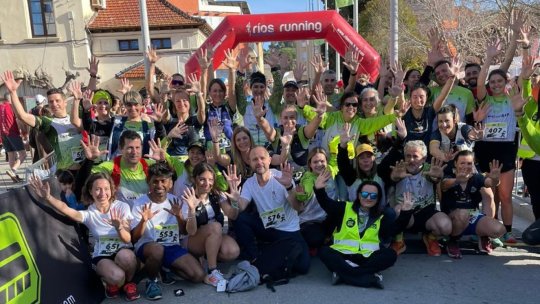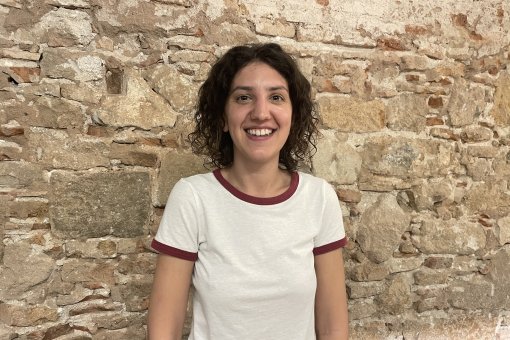Images
Contact

Read about the Club Esportiu Camí dels Ibers Trail Running. This year it celebrates its 10th anniversary and has been raising funds for the "Metastasis Challenge" for four years.
We talked to Marc Solé, president of the club, to discover the motivation behind the "El Camí dels Ibers" race, an event that gathers 500 participants in a day dedicated to trail running.
Marc, what is the Club Esportiu Camí dels Ibers Trail Running?
It's a club with 240 members that promotes sport and solidarity through the race "El Camí dels Ibers".
Tell us how the club was formed...
The club came about from an interest in organising a mountain race in our town. There were four of us who liked running in the hills and so we decided to set up a race. For legal reasons, we had to form a club or association. We started training for the race on Tuesdays and Thursdays. But now, because we want to encourage people from the town and the surrounding area to practice sports, regardless of their level of fitness, we have two training sessions for different levels.
Where did the name of the club come from?
It’s an unusual and beautiful story. Our town, La Roca del Vallès, covers a large extension, much of which falls within the Parc de la Serralada Litoral. On a historical level, there are prehistoric dolmens in the area, and for more than 20 years a well-known mountain bike competition called the “Prehistoric Race” has been held in the town and so it has taken the name of the prehistoric route.
But, apart from this period of prehistory, we also have two Iberian settlements - Céllecs, which is the highest peak around here, and also Can Santpere. As the prehistoric route had already been taken by the bikes, we decided to adopt the historical period of the Iberians and do the Camí dels Ibers (Route of the Iberians). So we appropriated this part of our local history.
Tell us about the "Camí dels Ibers" race.
The race is held once a year, in March, and it runs through the Parc de la Serralada Litoral. Participants can choose between three routes: 30, 20, and 12 km. We believe that having these options makes the race more inclusive and promotes a healthy lifestyle. The shortest one is the most popular option. Not everyone has to be an advanced runner... And we also have the kids' race, the "Caminet dels Ibers", with different distances depending on age.
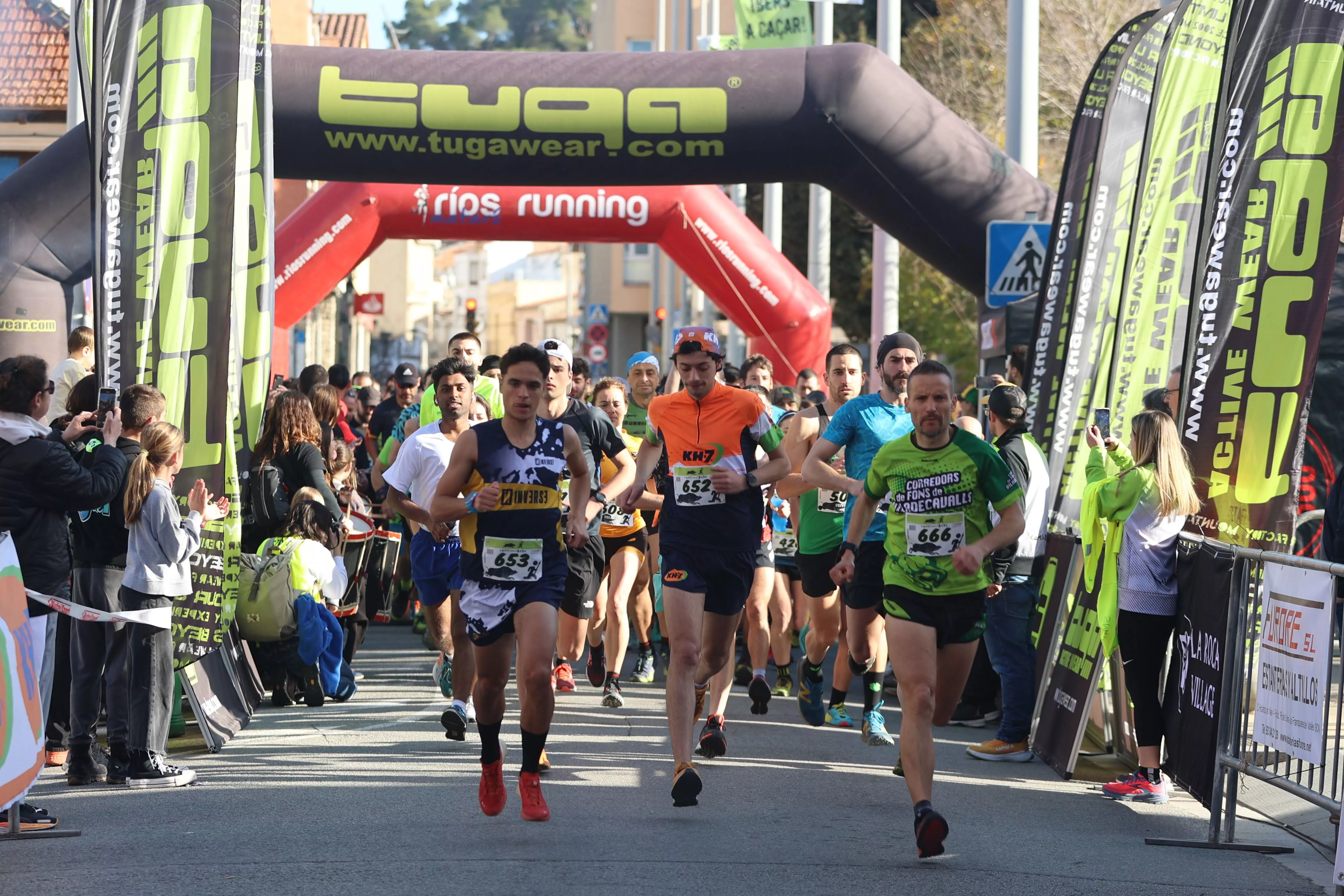
The race is characterised by social inclusion and respect for the environment. Tell us about how you promote these aspects.
Yes. In relation to social inclusion, we have been collaborating with the local prison for years. Some people serving time come to run and others participate as volunteers in the organisation of the event.
We also work with the Vallès Oriental Foundation to make the race more inclusive. In this regard, people with intellectual disabilities collaborate as volunteers, and the idea is that, in the long term, they can participate in the race. The goal is that everyone can enjoy it.
We also organise days devoted to cleaning up the natural environment. As we spend a lot of time in the hills, the least we can do is spend this time looking after our environment. In May, together with local schools, we organise a clean-up campaign. This is how we teach the next generations that we must take care of the nature around us. In fact, our commitment to caring for the natural environment and not putting it under excessive stress is reflected by the number of people who participate in the race. In this regard, we set a limit of 500 participants (adults) to make it a sustainable event.
Over these 10 years, you've raised money for many social causes. Where does your social conscience come from?
From the very start, it was an activity driven by our passion for sport, with no money objective behind it. So we thought, “If we can raise money from the activity, why not turn it into a fundraising project?” The first year we gave the proceeds to "El Xiprer", a soup kitchen in Granollers.
Then one of the founders of the club was diagnosed with cancer and, as a result, a charitable objective dedicated to cancer research arose.
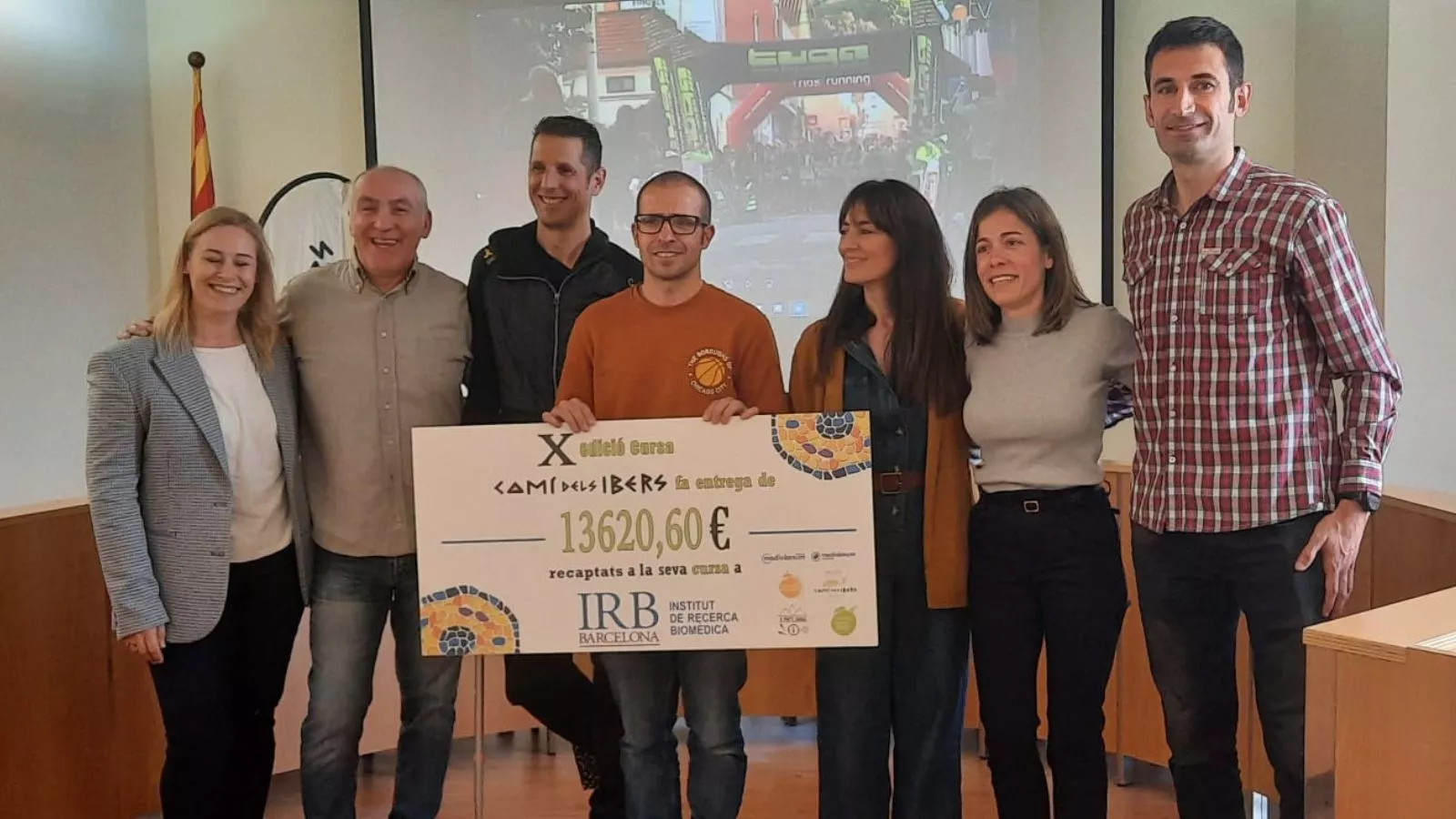
How did you hear about IRB Barcelona?
A friend told us about the Institute and we got in touch with them. We saw that their cancer research activities matched our objectives and we chose to support their "Metastasis Challenge" campaign.
What has the collaboration with IRB Barcelona given you?
Much more than we originally expected. The researchers at IRB Barcelona are trying to find a cure for cancer. By donating to their campaign, we´re contributing to a medium-term return for society and this matches our goal
Have you visited IRB Barcelona?
Yes. Every year we visit the Institute at least once to hear about the research underway. We try to open this visit to club members and even collaborating companies. I've visited IRB Barcelona several times and each time it's different… discoveries, new lines of research… and you see that it is something dynamic. During this year's visit, we found out about the results of some studies that were explained to us the first time we went. The club commits itself to 2-year support of solidarity projects. The relationship with IRB Barcelona is so strong that we've been backing its scientific community for four years.
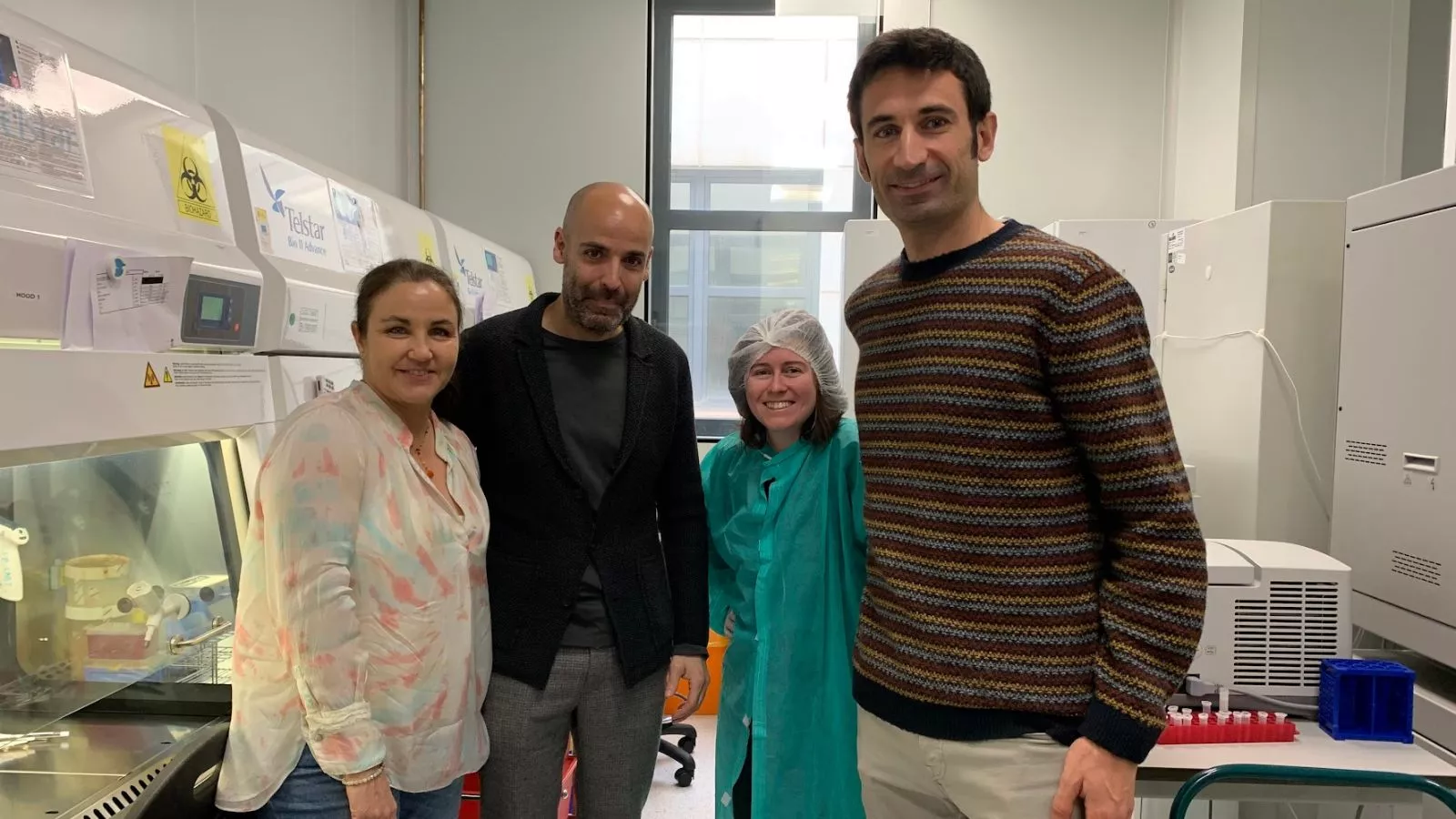
This year marks the club's 10th anniversary but you can also celebrate having raised a record €13,620. How do you feel about that achievement?
We’re thrilled. A year ago, we couldn’t even have imagined reaching this amount. We don’t set a target. But on the occasion of our 10th anniversary, going over the €10,000 barrier was something we secretly hoped for. And we're very excited to see that the money raised has increased over the years despite maintaining a limit of 500 participants.
How did you achieve this record amount?
It's the sum of several sources. The main source is the race participants who pay an inscription fee. The club also donates part of the membership fees. Another important source is from sponsors—local companies that like the project, share our values, and make donations. For example, for the past two years, a hairdresser in the town donates all the proceeds from the business on the day of the race. Other companies make donations in kind.
Also, this year we opened a crowdfunding project for people who don’t want to run but want to make a donation. We also have a race for kids (the"Caminet dels Ibers"). This year it raised €700!
We're very proud that so many local organisations support us and of the > 100 volunteers who help us on the day of the race. It’s awesome. There are even musicians who come to play live on the day!
Do you have any advice for people who are thinking about launching a fundraising campaign for IRB Barcelona?
Go for it! Organising an activity for a charitable cause is much more than raising money. It contributes to a return for society. I would encourage everyone to do it.
About IRB Barcelona
The Institute for Research in Biomedicine (IRB Barcelona) pursues a society free of disease. To this end, it conducts multidisciplinary research of excellence to cure cancer and other diseases linked to ageing. It establishes technology transfer agreements with the pharmaceutical industry and major hospitals to bring research results closer to society, and organises a range of science outreach activities to engage the public in an open dialogue. IRB Barcelona is an international centre that hosts 400 researchers and more than 30 nationalities. Recognised as a Severo Ochoa Centre of Excellence since 2011, IRB Barcelona is a CERCA centre and member of the Barcelona Institute of Science and Technology (BIST).

